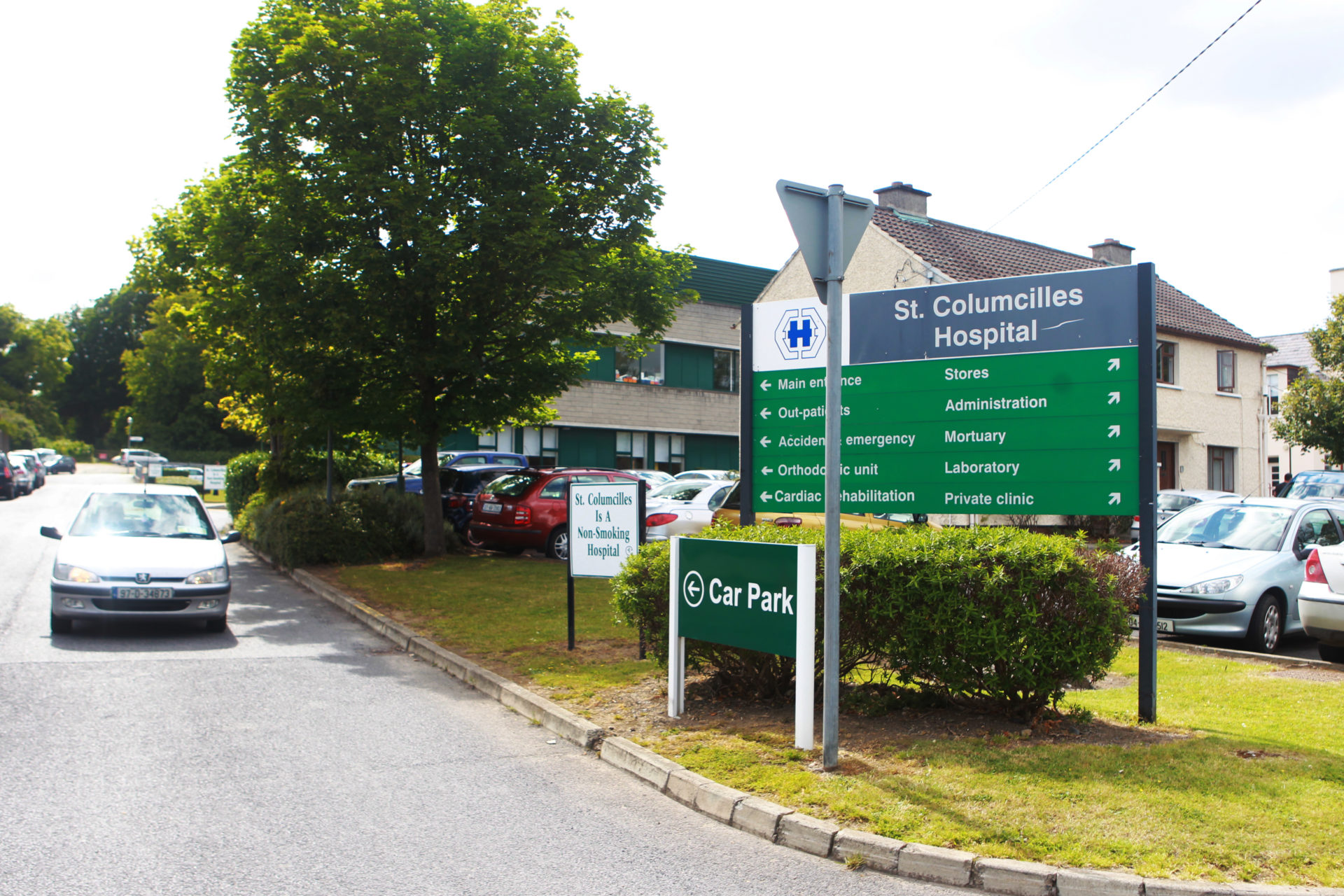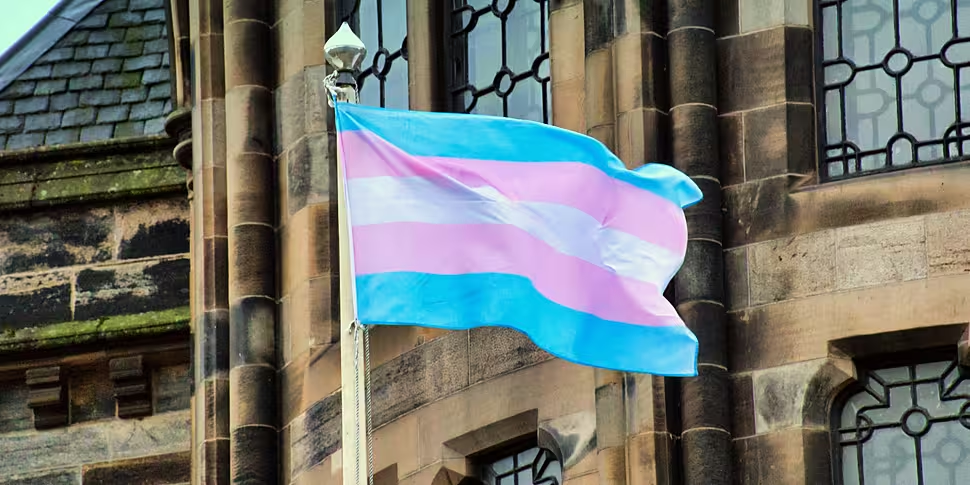A psychiatrist with the National Gender Service (NGS) has said the health service “tries not to get too involved in ideological” discussions of gender identity.
This follows the publication of the Cass Review, a landmark report on gender care in the UK.
The review found that thousands of vulnerable children questioning their gender identity have been let down by the National Health Service, unproven treatments and the “toxicity” of debates of transgender identity.
NGS psychiatrist Dr Paul Moran said the “issue of gender health care has been sucked into a wider cultural war to the cost of patients in our service”.
“We try and focus on the individual and we try not to get too involved in any of the ideological or social rights debates that are there,” he told The Anton Savage Show.
“We try to focus on the safety and wellbeing of our patients.”
Dr Moran and Professor Donal O’Shea recently made a formal complaint to the Health Information and Quality Authority (HIQA) about the HSE’s policies on child gender identity issues.
The leading doctors are criticising the HSE for continuing to refer children to overseas services that follow the 'gender-affirming’ Model of Care.
They argued the overseas model results in people starting on inappropriate medical treatments too quickly and advocated for more psychiatric assessments of patients.
Organisations such as Transgender Equality Network Ireland (TENI) have argued psychological assessments are more "rigid" and "and does not reflect the reality of trans people’s identities or needs".
It has argued an 'informed consent' model is more appropriate, which allows patients to receive all the necessary information from health professionals without "making assumptions about a person’s needs".
Increase in gender care
Dr Moran told the show the NGS has seen an exponential increase in patients in recent years.
“When I began about 20 years ago, we were seeing about five patients a year,” he said.
“Last year, we had over 400 referrals.”
He noted the Cass Review suggested “social media and cultural factors” could account for the increase in people presenting themselves.
According to Dr Moran, the “traditional transgender group” from decades previously differs from today’s patients.
“Many of the new group, it seems to emerge very suddenly and dramatically, it is very unstable, and the gender concept is less clear,” he said.
 St Columcille's Hospital, Loughlinstown, where the National Gender Service is based. Photo: Leon Farrell/Photocall Ireland.
St Columcille's Hospital, Loughlinstown, where the National Gender Service is based. Photo: Leon Farrell/Photocall Ireland.Dr Moran argued “exposure to distressing content” online and more organisations “promoting the idea that transitioning is a solution to this distress” are largely the reasons more people are referred to the NGS.
With little data or research into gender identity in the 21st century, Dr Moran claimed “the tone of discourse has become very toxic” and people should be more open to “different points of view”.
He also argued the ‘Dutch model’ of providing children questioning their gender identity with puberty blockers did not improve their happiness levels or mental health.
Listen back here:









